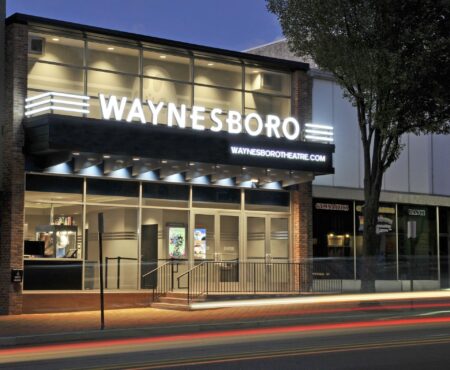Is it me, or is the Super Bowl a lollapalooza instead of a game?
Seriously, do people have to be entertained like they are attending an outdoor music/sports festival in order to take in the experience of watching a professional football game?
What’s wrong with inviting some college marching bands rather than bringing in singer/entertainers to bellow songs that anyone can listen to on YouTube?
After all, nothing brings out the full measure of athletic competition than the sound of trombones, tubas and all those drums.
I don’t care what genre. If Simon and Garfunkel showed up to sing Kathy’s Song and The Boxer, it would all be the same. Music and football don’t mix. Entertainment and sports don’t blend.
But the National Football League doesn’t care about appearances. Because, in the strange days we live in, the goal of the NFL – which is a multi-billion dollar business – is about, like networks, ratings and revenues.
Better to attract birds of many different feathers than simply hard-core traditional football fans who still believe the best days of the pro game are long behind it. Better still, it’s preferable to smell the sweet smell of money and be darned with the public image it radiates. That means listening to the pundits of profits and the soothsaying of sponsors.
Sunday’s Super Bowl – won by the Los Angeles Rams after scoring what proved to be the winning touchdown with just over a minute to play in the game – was merely another Pop Culture Festival in the guise of a sports event. The obligatory camera panning showing celebrities was enough proof.
The Super Bowl has transformed into a showcase of who the best team is to a game that emphasizes moral victory instead of domination. It wants to leave everyone satisfied. No thrill of victory or agony of defeat.
When the Chicago Bears iced the New England Patriots 46-10 in Super Bowl 20, there was absolutely no doubt that Da Bears were far and away the greatest team of the 1985 season. When the San Francisco 49ers destroyed the Denver Broncos 55-10 in Super Bowl 24, compelling play-by-play announcer Pat Summerall to utter the words, “This is most unfortunate,” the Broncos became a cautionary tale whose plot line pays homage to the importance of a worthy opponent.
Instead of proclaiming “to the victor goes the spoils”, it’s let’s give a hip-hip-hooray to BOTH teams for giving fans an entertaining game with drama, individual performances, and, of course, the climactic words, “We’re going to Disney World (Disneyland)” sealing the day’s nauseating production with a sloppy kiss.
The Super Bowl is an over-commercialized (literally) whose appeal is more in its commercials and halftime production than in the game itself.
John Facenda would be ashamed to be associated with a league more concerned with identifying with pop culture and social media than in growing the game based on its roots of physical brutality within a framework of rules (written and unwritten).
Announcers and analysts prop up individual players rather than teams, relegating the sport to hero worship and the creation of icons and superstars. Those superstars are nothing without the 10 players around him. The proverbial lip service that points out the obvious as an aside confirms that the NFL is indeed trapped in a matrix of its own making.
It goes to show that relying on Madison Avenue, along with multi-national corporations, billionaire owners, and NFL executives in their fancy three-piece suits whose points of view are bought and paid for by the above, leaves the NFL nothing but fluff without stuff.
Its essence has no substance. Its substance has no essence. It is moldy as month-old bread.
The NFL embraces advertising revenue and television money, all to turn in filthy profits while exploiting players, coaches and fans. Its tear-jerking public service pieces that portray the softer side of the league are smokescreens. Its support of social causes is symbolic, reflecting the NFL’s humanitarian side that also is subservient to the profit motive.
The NFL is a monolith. It can’t behave any other way. There probably was a time when the league believed in fair competition and the team ethic.
Not anymore. Not since the 1960s or 1970s.




















